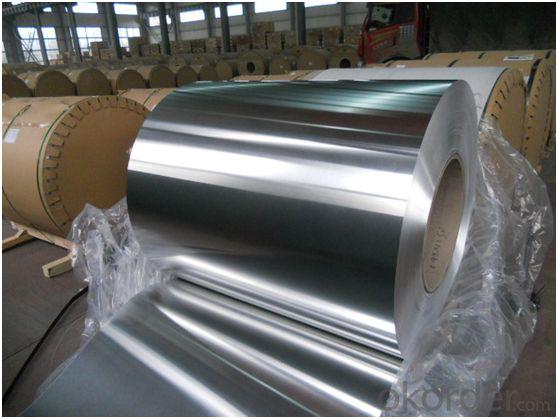For homeowners and contractors in coastal regions, choosing the right gutter material is crucial. While steel gutters are sturdy, aluminum gutter coils often prove superior in salt-heavy environments. This blog explores why aluminum is the better choice for coastal applications.
1. Corrosion Resistance: Aluminum’s Natural Advantage
Aluminum naturally forms a protective oxide layer when exposed to moisture, preventing rust—unlike steel, which requires galvanization. In coastal areas, salt accelerates corrosion, making aluminum gutter coils a longer-lasting option.
Galvanized steel can corrode at scratched or cut edges.
Aluminum resists pitting and oxidation even in salty air.
2. Lightweight Yet Durable
Aluminum is lighter than steel, easing installation, especially in high-wind coastal zones. Despite its lightness, high-quality aluminum gutter coils (like 0.032" thickness) withstand harsh weather without warping.
3. Minimal Maintenance
Steel gutters in coastal areas often need repainting or rust treatments. Aluminum gutters:
Don’t require painting (unless for aesthetics).
Won’t flake or peel like coated steel.
4. Cost-Effectiveness Over Time
While steel may seem cheaper upfront, aluminum’s longevity in salty climates reduces replacement costs. Many coastal building codes now recommend aluminum for this reason.
Conclusion:
For coastal homes, aluminum gutter coils offer unmatched corrosion resistance, durability, and low maintenance, making them the smarter long-term investment.

